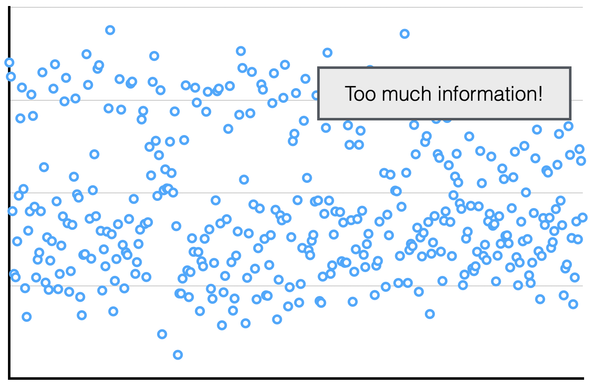Restaurant Tip Liability
If the Canada Revenue Agency (CRA) deems the tips coming through your restaurant are “controlled” you are on the hook for employment insurance and Canada pension plan for those tips. They must be declared as restaurant income and the tips must be included on the employees T4 slip, along with source deductions including the restaurant’s contribution. The majority of Canadian restaurants are implementing a tipping model the CRA would consider controlled tips and it comes with significant liability.
These are all common practices in the Canadian Restaurant industry that result in “controlled” tips:
- mandatory service charge - many operations implement a mandatory gratuity on larger tables.
- tips allocated using a formula determined by the employer - all Tip Pools! Most restaurants collect and distribute a tip pool that is shared with Kitchen and support staff.
- tips turned over to employer who then distributes to employees - this is all electronic (credit / debit) tips! The CRA has made this somewhat helpful clarification, “an extension of this position would be where an employer might for cash flow reasons, delay paying out the tips to the workers until the next day.”
How to run a Tip Pool
Every client we have uses some form of Tip Pool to share tips with Kitchen and Support staff. This is a key source of liability to the restaurant. All money flowing through a tip pool can be deemed “controlled” and therefore subject to EI and CPP. It’s important for restaurants to look at ways of reducing this liability.
The best practice is to put in place a staff run tip committee. The committee meets on a regular basis, decides on the strategy for calculating staff share of tips, and distributes the tips to individuals. A tip committee takes the employer out of the equation and fits the definition of “direct” tips.
References
Canadian Restaurant Association - Tips, source deductions, and how to protect yourself from liability Part 1 & 2
“In Ristorante a Mano Limited v Canada (National Revenue) (Ristorante a Mano), the Federal Court of Appeal (FCA) held that electronic tips are subject to CPP and EI and the restaurant (i.e., the taxpayer) had an obligation to pay employer contribution amounts of CPP and employer premium amounts of EI to the Canada Revenue Agency (CRA). In Ristorante a Mano, the restaurant operated under a standard tip arrangement within the restaurant industry.”
“The courts dismissed the taxpayer’s appeal and confirmed that the tips, which the taxpayer received from customers’ electronic payments and subsequently paid out to its servers, constituted CPP contributory salary and wages and EI insurable earnings because these amounts were paid to employees in respect of their employment.”




